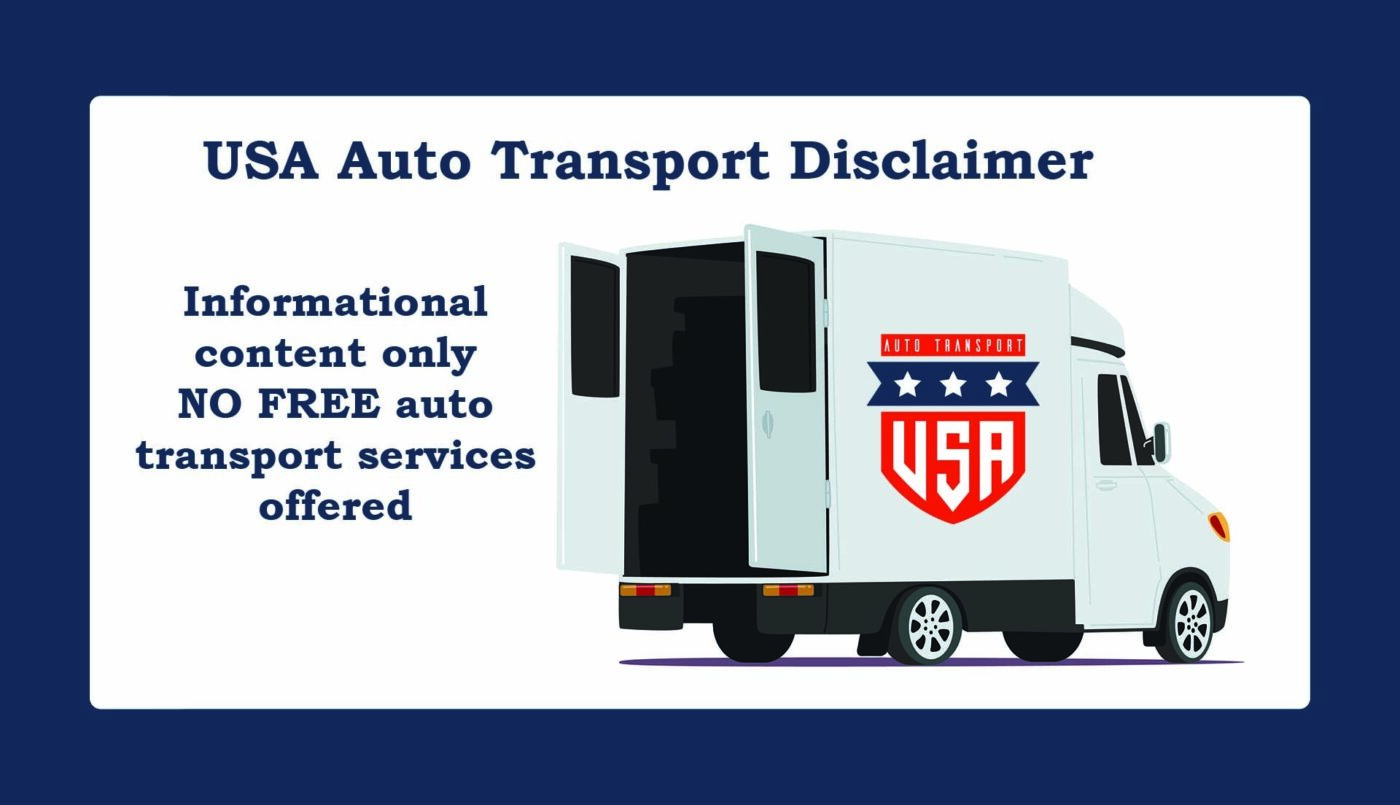Temporary Assistance for Needy Families (TANF) is a program that provides financial assistance for families in need. It offers a wide range of benefits, including cash assistance, transportation, and childcare assistance. However, it also offers relocation benefits. These benefits can include financial assistance for relocation expenses, temporary housing, and even job training.
To qualify for TANF, you must meet certain income requirements and have dependent children under the age of 18. You can apply for the program through your state’s Department of Social Services.
These benefits are designed to help families who need to move due to domestic violence, job loss, or housing instability. The program can provide financial assistance for security deposits, the first month’s rent for an apartment, and even moving trucks. Additionally, TANF can help cover the cost of utility deposits and connection fees. If you’re moving to a new state, TANF can also help with travel expenses, which helps you save on relocation costs.











